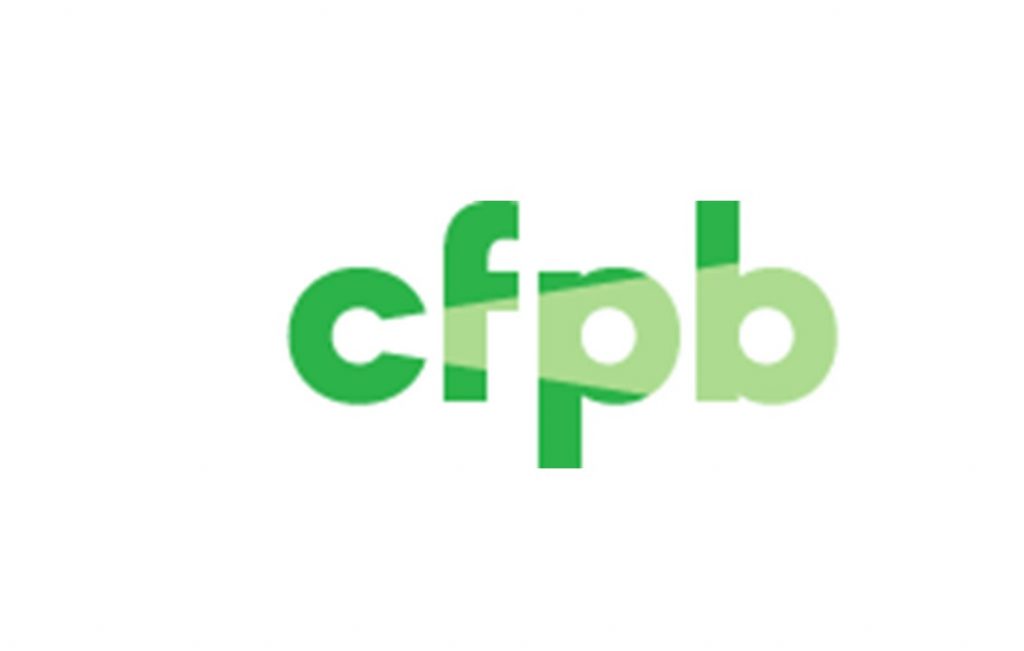In May 2019, the CFPB filed suit in federal court in Utah against “…Progrexion Marketing Inc…and CreditRepair.com Inc.; and against John C. Heath, Attorney at Law PLLC, which does business as Lexington Law.” Last week, District Court Judge, Judge Bruce S. Jenkins, granted the Bureau’s motion for summary judgment on count I, finding that the defendants, in charging advance fees to consumers, violated the Telemarketing Sales Rule. The remaining four counts proceed.
The CFPB noted that in spite of the Supreme Court’s grant of the Bureau’s request that the high court review the Fifth Circuit’s “outlier” ruling concerning the Bureau’s method of funding in CFPB v. Community Financial Services Ass’n of America, Ltd., ‘there is no reason to delay any aspect of this case for the year or more it may take the Supreme Court to resolve CFSA.” The district court has not stopped the litigation.
In finding that the defendants violated the TSR, the Court saved a damage award for another day. Since violations can be as much as $50,000 per violation, the damages can be significant.
The opinion notes how Progrexion advertises its services to elevate consumers’ credit scores and highlights its success rate. The opinion notes that once consumers are connected by phone to Progrexion, a Progrexion agent will offer the customer for a fee, a full credit report from TransUnion. The customer and the Progrexion agent then discuss the customer’s full credit report and the various items on it.
Based on that conversation, the Progrexion agent offers Lexington Law or CreditRepair.com’s services to the customer, and provides the customer a contract that spans over twenty pages. A portion of that contract states: ‘Lexington [or Creditrepair.com] cannot guarantee and you are not paying for a particular credit report outcome or result; you are paying only for Lexington’s [or Creditrepair.com’s] efforts on your behalf.’
. . .
[Progrexion noted that its] credit repair service[] levels range from $89.85 to $129.95 and each option offers [consumers] a unique coverage to fix errors on your credit report.”
. . .
Based on answers obtained by the Progrexion telephone operator, a letter to a creditor, or an electronic communication to a credit bureau, is automatically written from a reservoir of examples.
. . .
The software program continues to send letters each month, automatically, at a rate determined by the price a customer pays for their plan. While Defendants initially suggested their experience suggested sending a small number of challenges per month to be a superior strategy, they ultimately conceded the volume of letters is dictated by the price a customer pays. Generally, more letters are sent for customers who pay a higher price. While Defendants bill at the end of each month, the service contracts are indefinite, having no set termination date, persisting until a customer affirmatively terminates the agreement (except in jurisdictions that limit contract lengths to some maximum term, such as six months). Progrexion bills Lexington Law’s clients by charging their credit card each month; no invoice is ever sent.
. . .
When making a related argument addressed below, Defendants’ counsel made comments that appear to deny that Defendants offer services ‘represented to remove derogatory information from, or improve, a person’s credit history, credit record, or credit rating.’ Any such argument is contrary to the undisputed facts…
(citations omitted). The Court noted that “[t]he express language of the advance-fee provision of the TSR provides two prerequisites for payment imposed upon telemarketers selling credit improvement services,” and that “the undisputed facts show Defendants violate the TSR because they make no attempt to comply with the express payment preconditions.”
Count II alleges that the defendants engaged in deceptive acts or practices in violation of the Consumer Financial Protection Act (CFPA). Count III alleges that the defendants made false or misleading statements to induce another person to pay for goods or services in violation of the TSR. Count IV alleges that the defendants violated the CFPA by substantially assisting a covered person engaged in deceptive acts or practices. Count V alleges that the defendants assisted and facilitated violations of the TSR.
The case is CFPB v. Progrexion, U.S. Dist. Ct. (D. Utah), No, 2:19-cv-00298. The defendants are represented by Christensen & Jensen, Goodwin Procter, and Williams & Connolly.

Eric J. Ellman is Senior Vice President for Public Policy and Legal Affairs at the Consumer Data Industry Association (CDIA) in Washington, DC. He also served for eight months as Interim President and CEO of the Association. More
